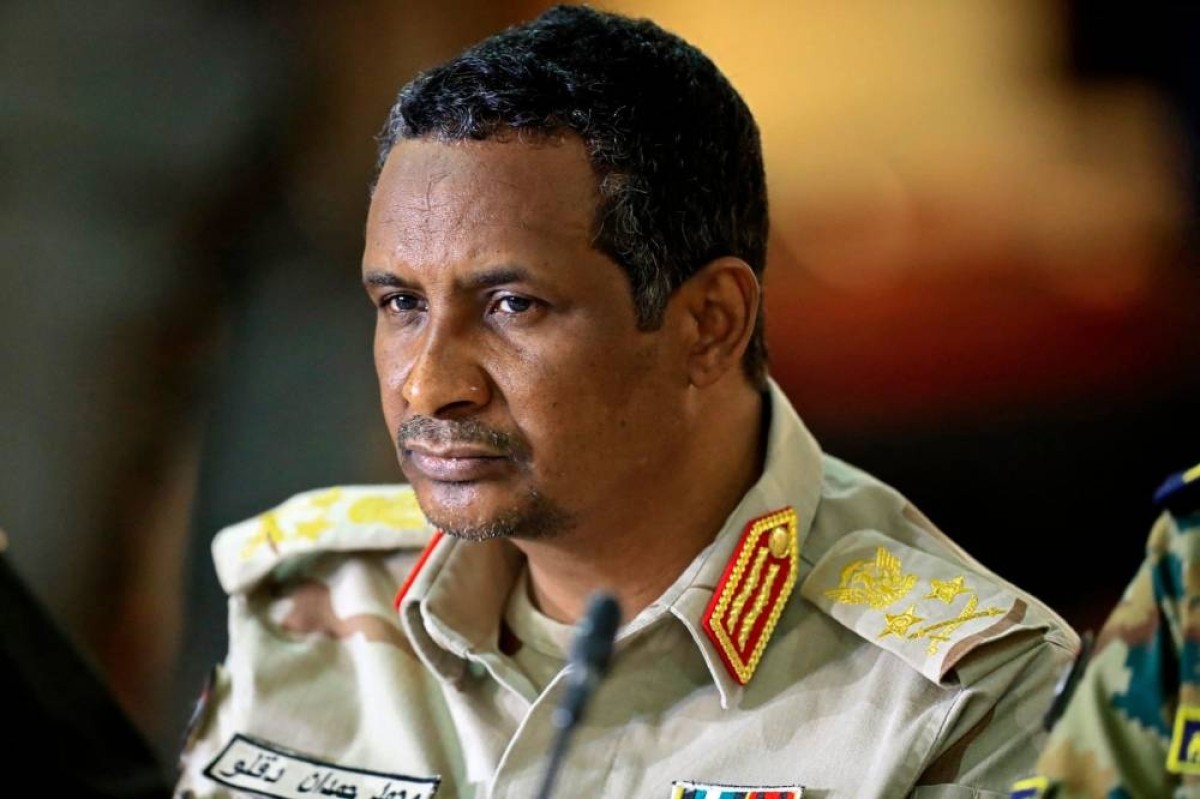After the arrangements were completed.. Why was the meeting between Al-Burhan and Hemedti postponed?


There were conflicting reports yesterday (Wednesday) about holding the expected meeting between the President of the Sudanese Sovereignty Council, Abdel Fattah al-Burhan, and the Commander of the Rapid Support Forces, Mohamed Hamdan Dagalo “Hemedti,” as the Intergovernmental Authority for Development (IGAD) summit announced the completion of arrangements in Djibouti to hold the meeting. Today (Thursday), it returned hours later to announce the postponement of the meeting until next January. The conflict was in the issue of Hemedti's presence.
Sources in IGAD reported that the meeting between Al-Burhan and Hemedti was postponed to January at a specific date, which will be announced later, and attributed the postponement to technical reasons. While a source in the Sudanese Sovereignty Council said that Djibouti, the current president of IGAD, confirmed that Hemedti is not ready to meet Al-Burhan, according to what she said.
A Sudanese source announced that IGAD had informed the Sudanese authorities that Hemedti would not attend the meeting without giving reasons. But Rapid Support spokesman Al-Fatih Qurashi confirmed that the organization had extended an official invitation to them, declaring adherence to the dates set by the Intergovernmental Authority for Development in East Africa. He pointed out that everything rumored in the media about Hemedti not attending Al-Burhan’s meeting is completely untrue.
The authority had invited Al-Burhan and Hemedti to meet in order to agree on a ceasefire, and to discuss ways to facilitate the arrival of relief materials.
War and clashes have continued in Sudan between the army and Rapid Support forces since April 15, resulting in the death of about 12,000 people and the internal displacement of about seven million people, according to the United Nations. About 1.5 million other people fled to neighboring countries to escape the war.